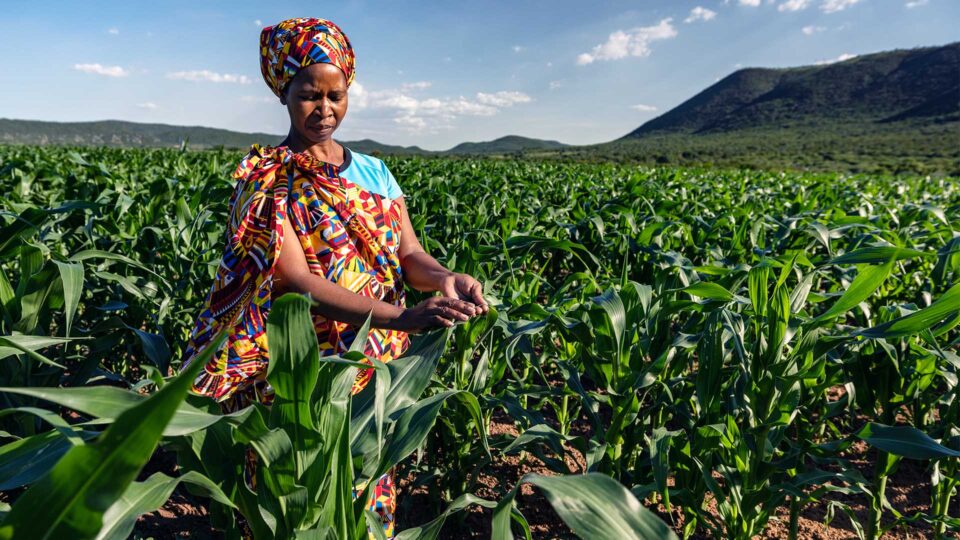The Aid by Trade Foundation (AbTF) recently held group discussions with CmiA farmers in Zambia to explore ecological changes and the measures being taken in response. The group of CmiA small-scale farmers comprised 46% men and 54% women, with 66% having lived in the region since birth and 34% for 10 to 20 years.
“The discussions focused on collaboratively addressing challenges and solutions with farmers in Zambia,” said Nina Schöttle, AbTF’s project manager for monitoring and evaluation. She emphasized that the foundation aims to halt biodiversity loss and enhance the resilience of African small-scale farmers through comprehensive, locally driven initiatives.
The survey indicated a decline in biodiversity across rural Africa, with deforestation, poaching, and settlement expansion severely impacting many wild animal populations, leading to the extinction of some species and fueling conflicts between humans and wildlife. Additionally, water shortages in local rivers emerged as a significant concern.
During the discussions, farmers noted several signs of ecological shifts in their environments, including the absence of certain fungi in forests, which indicates reduced biodiversity, changes in soil structure and color that signal declining soil quality, and the spread of certain weeds like witchweed and ragwort, suggesting an imbalance in the ecosystem. They also reported fluctuating temperatures and irregular rainfall patterns, disrupting local farming cycles.
AbTF highlighted that the decline in biodiversity has negatively affected soil fertility, leading to lower yields: “In the past, good results could be achieved without fertilizers, but this is more challenging today. Bushfires and the use of herbicides have diminished the presence of beneficial soil organisms, such as earthworms, which play a crucial role in breaking down organic material.”
To promote biodiversity, AbTF noted that discussions with small-scale farmers revealed that cotton field management significantly impacts soil health and the surrounding ecosystem. Farmers have adopted practices such as crop rotation and integrated pest management while minimizing the use of chemical pesticides and herbicides in favor of organic alternatives. They also refrain from tilling the soil to maintain its quality, using compost and organic fertilizers, such as cow manure, to enrich it.


